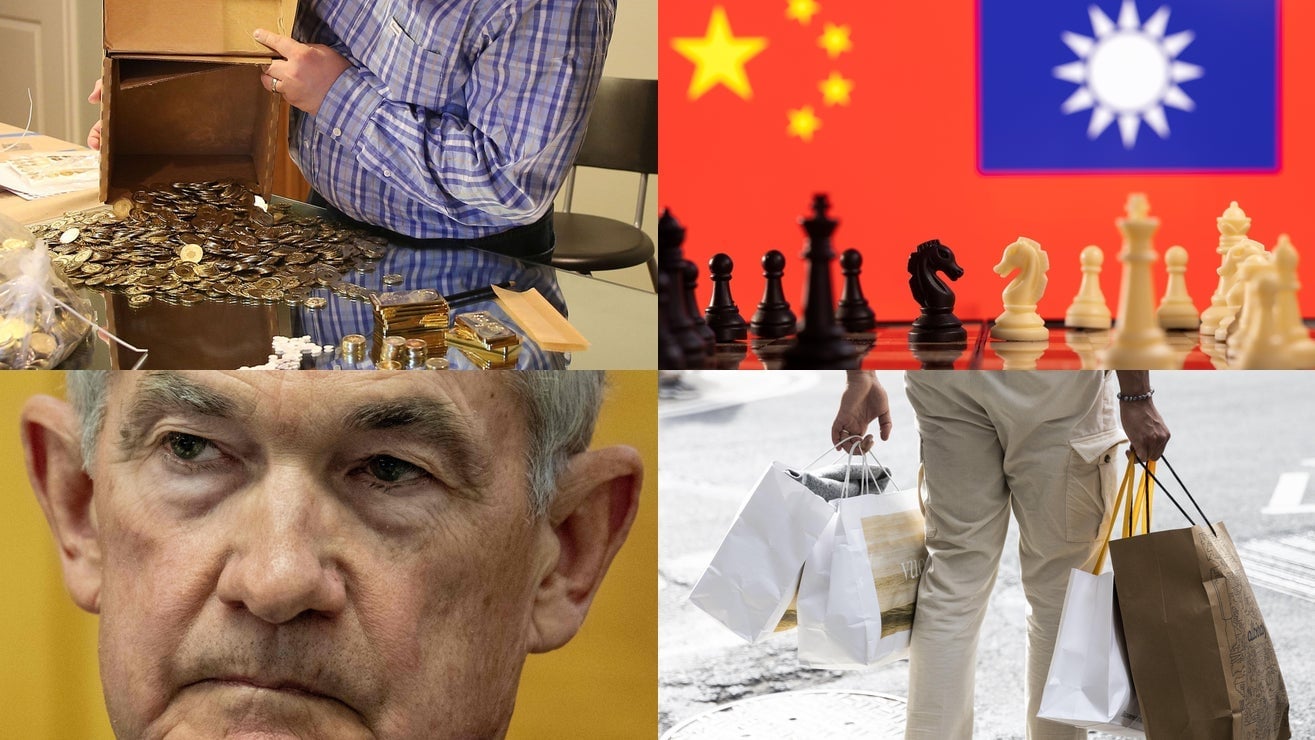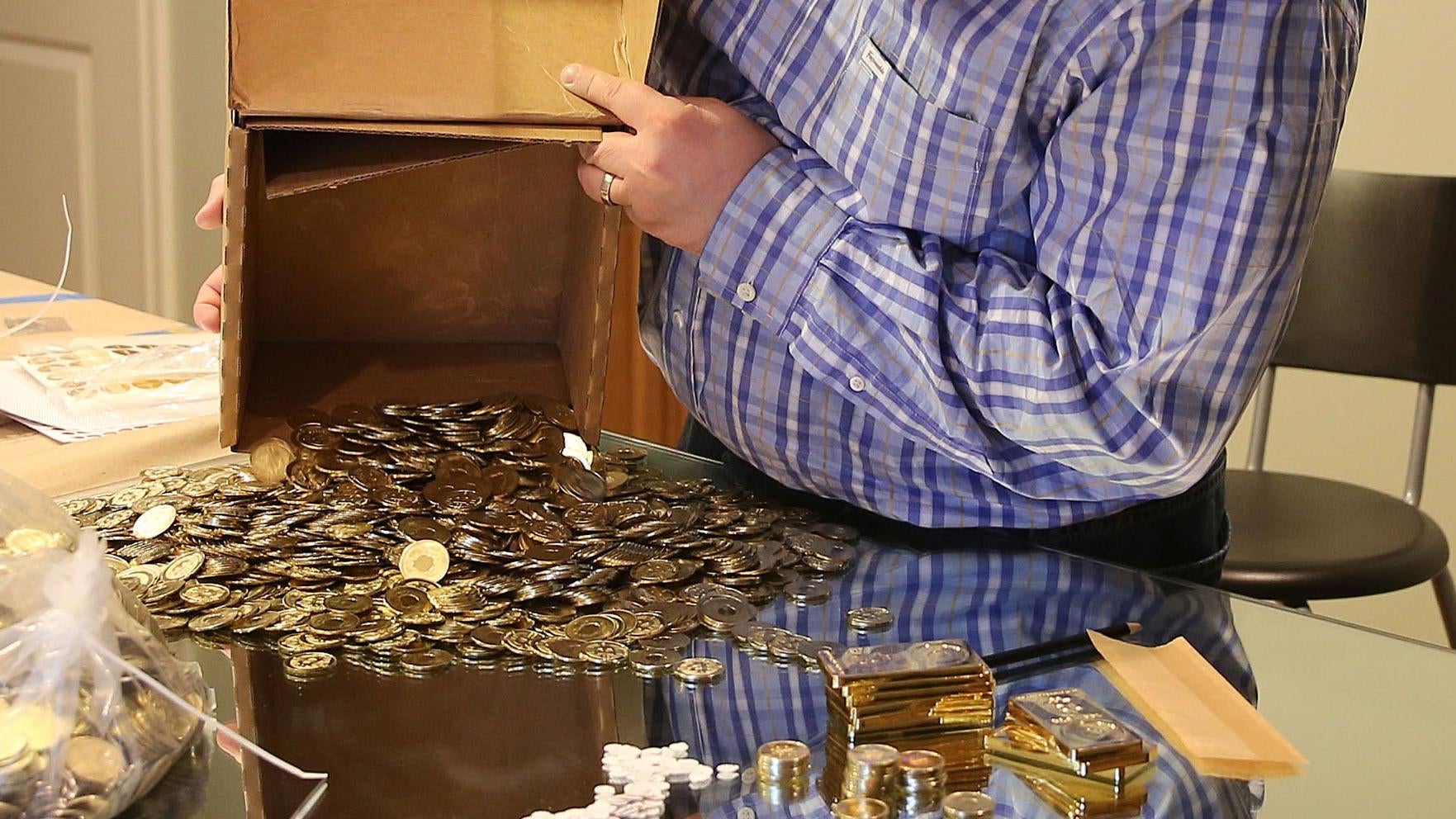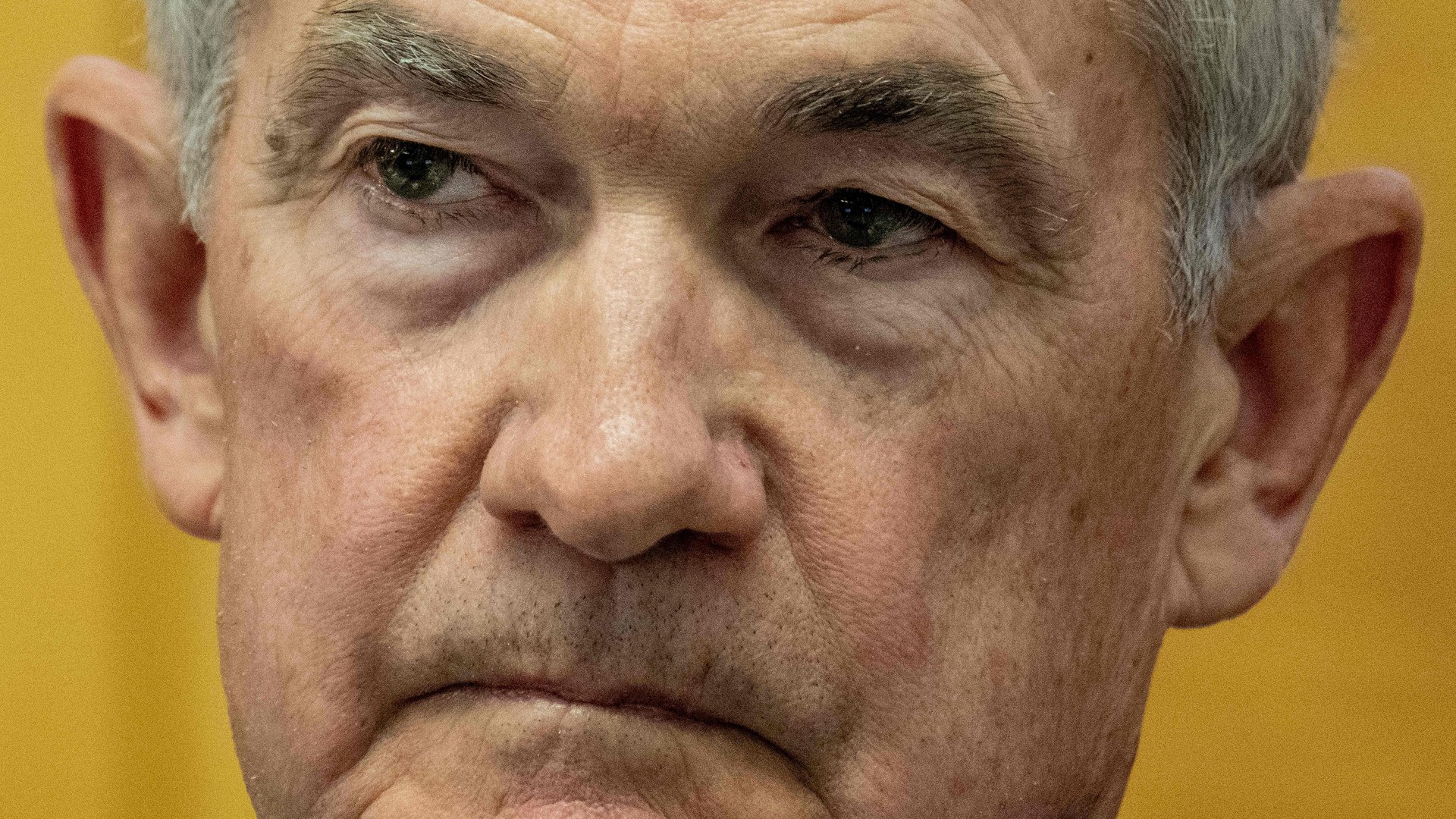Weekend Money Markets Roundup January 27, 2024
A collection of our best posts of the week in money markets

2 / 8

There was a whole lot of excitement around the prospect of exchange-traded bitcoin funds a couple weeks ago, when the US Securities and Exchange Commission announced that it had approved use of the investing tool. Someone even hacked the SEC’s account on the X social media platform to break the news early! But that enthusiasm hasn’t translated to a rise in the cryptocurrency’s price. - Melvin Backman Read More
3 / 8

Intermediate goods are inputs used to produce a final product. Think textiles to make a coat, metals to make a car, and computer chips to make an iPhone. - Mary Hui Read More
4 / 8

Lots of people would love it if the Federal Reserve cut interest rates soon. Investors want cheaper money. Homeowners want cheaper mortgages. Consumers want cheaper credit card bills. And for a while, there was a lot of pressure on the Fed to give them what they wanted out of fears that holding rates too high would damage the economy. Right now, the federal funds rate—how much banks pay each other to borrow money that the government holds for them—is at 5.5%, the highest it’s been in 23 years. But with the labor market holding firm and inflation coming down, all while GDP numbers are coming in hot, there’s a growing chance that Fed Chair Jay Powell can wait it out. - Melvin Backman Read More
5 / 8

The economy is still humming!
There’s been a lot of concern that consumer spending, which is the basis for two-thirds of the American economy, might start slowing down in the face of rising interest rates and inflation (especially the rising cost of housing). - Melvin Backman Read More
6 / 8

85% of workers are considering changing jobs, so to find out how to make more money in a new job, Quartz talks with LinkedIn’s Career Expert Andrew McCaskill
7 / 8

Kristina Hooper, Chief Global Market Strategist at Invesco, tells Quartz what she thinks is next for the US economy, the Fed's rate cuts, and more
8 / 8

The European Union this week published a raft of proposals aimed at bolstering the bloc’s economic security, including how to better scrutinize inbound investments, monitor risks associated with outbound investments, and regulate exports of sensitive technologies. - Mary Hui Read More